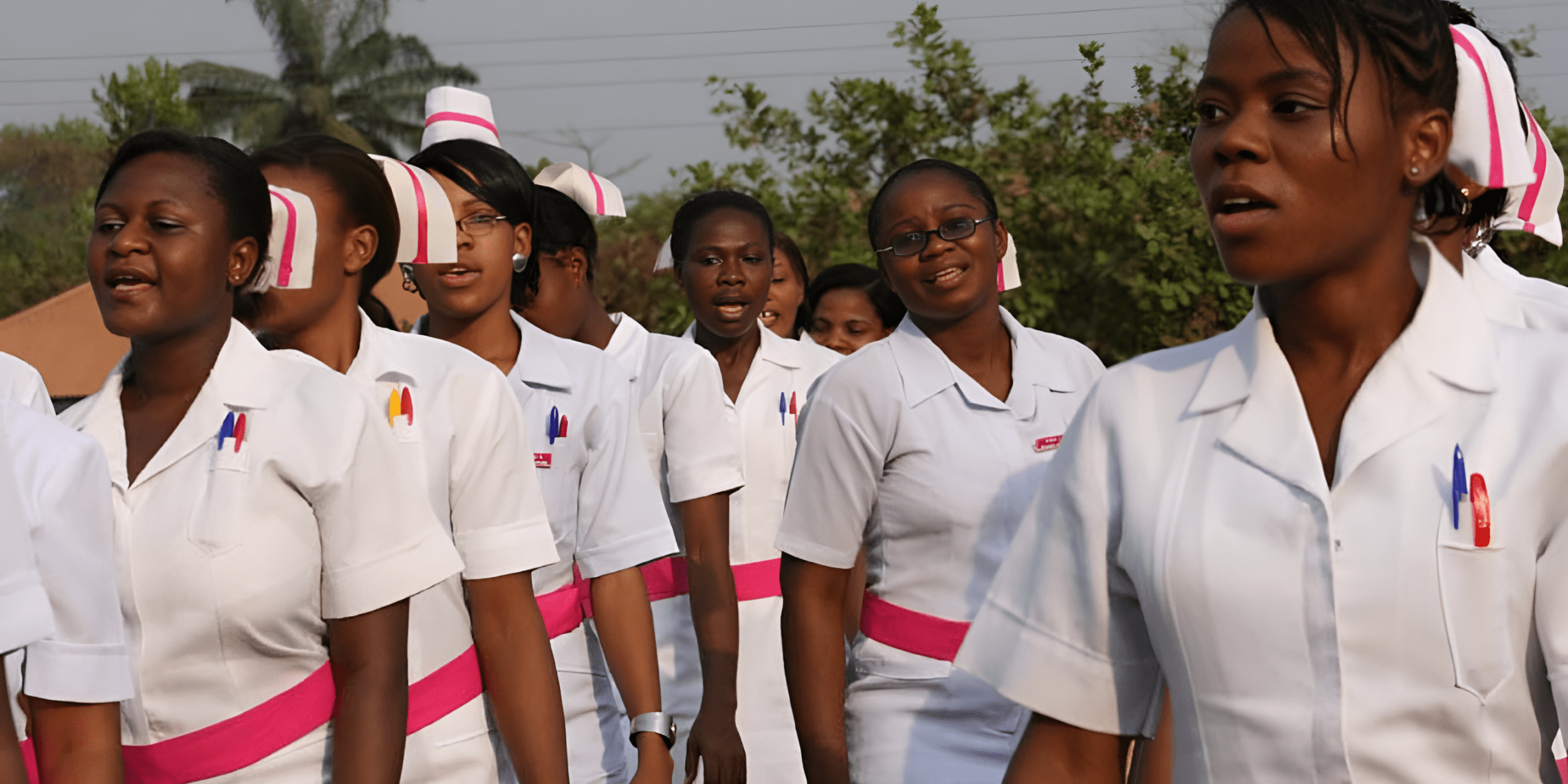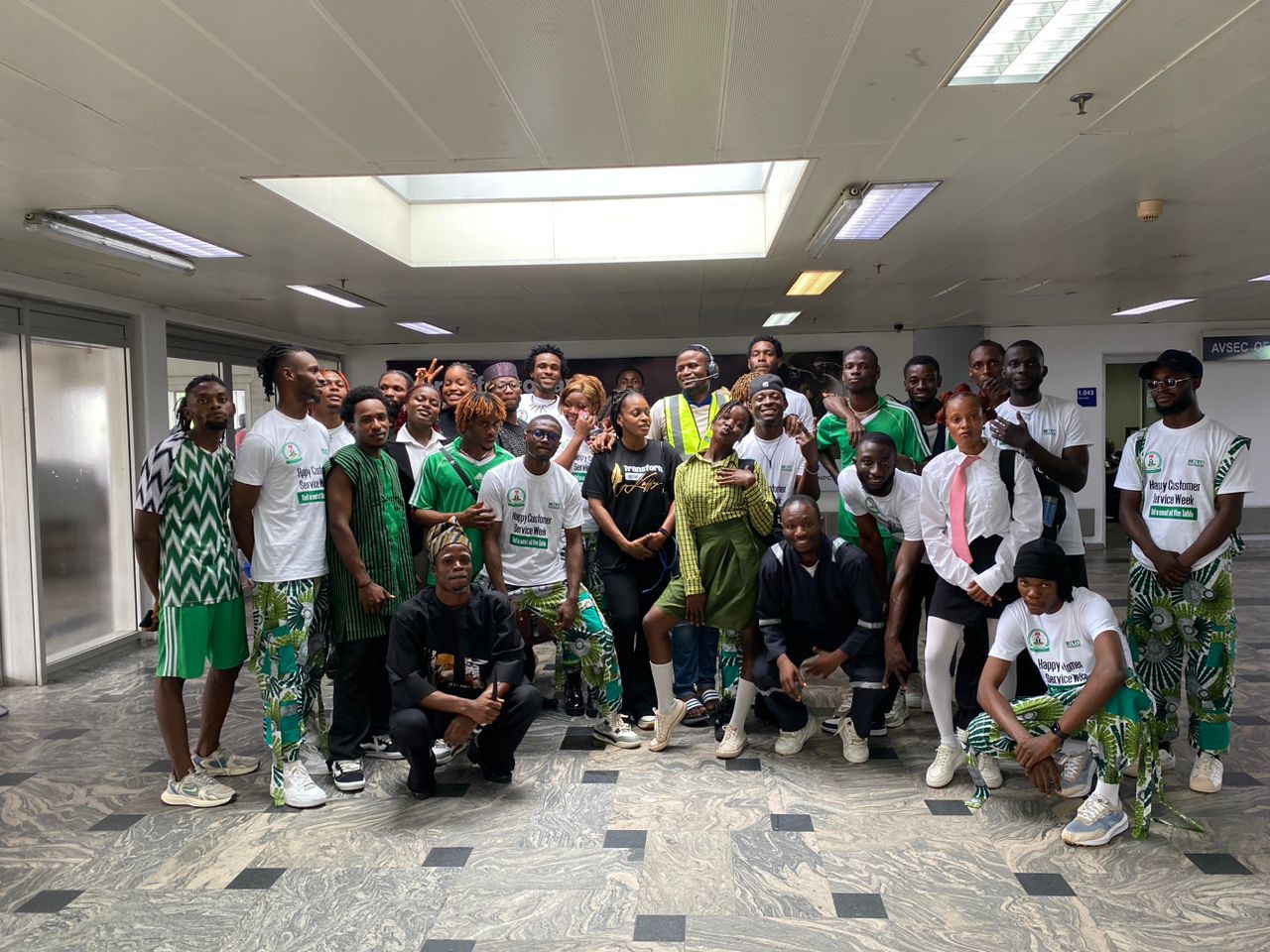As the ongoing strike by nurses and midwives continues to cripple operations in public hospitals, the Katsina State Friends Association has called for volunteers across the state’s 34 local government areas to provide basic first aid and humanitarian support to patients.
Chairman of the association, Bilya Sanda, who made the call, said it had become necessary for members across the LGAs to assist hospitals with basic care in the face of personnel shortages.
The National Association of Nigeria Nurses and Midwives–Federal Health Institutions Sector had on Wednesday commenced a nationwide seven-day warning strike.
Sanda said the association had already mobilised volunteer members from groups including Jama’atu Nasril Islam, Jama’atu Izalatil Bid’a Wa’iqamatis Sunnah, Nigerian Red Cross Society, Lajnatul Hisbah, and Munazzamatu Fityanul Islam to various hospitals.
A statement issued on Thursday by the association’s Public Relations Officer, Hamisu Adamu, quoted Sanda as saying: “These groups have commenced support activities at the General Hospital, Katsina, and are also participating in similar efforts across other hospitals in the state.”
According to the statement, arrangements had been made to provide volunteers with food, water, and logistical support. Sanda added, “The Katsina Hospital Friends Association remains committed to standing with patients and healthcare institutions in times of need. All members are encouraged to uphold the association’s values of compassion, service, and unity.”
While expressing hope that the ongoing industrial action would be resolved soon, Sanda acknowledged the crucial role nurses and midwives play in the healthcare system. Meanwhile, the Nigerian Medical Association, Katsina State chapter, announced it had scaled down services in support of the strike.
Chairman of the state NMA, Dr Muhammadu Sani, in an interview with our correspondent on Thursday, said the association backed the nurses’ action.
He said, “Due to the NANNM strike, doctors have scaled down services. We held meetings with all stakeholders. As of now, no new admissions are being taken. Our doctors are still attending to critical patients, but based on their defined job descriptions.
“Patients who are stable and can be managed at home have been discharged. We are trying to prevent a total collapse before a final decision is made.
We strongly support NANNM and other sister unions. Healthcare delivery is a team effort, and all parties—doctors, nurses, and administrative staff—have their rights and entitlements. We are not undermining anyone. In fact, we stand with them and encourage them to pursue their legitimate demands.”
Also speaking, NANNM Chairman in Katsina, Nura Mu’azu, said a monitoring task force had been deployed to ensure full compliance with the strike across the state.
“As we speak, our monitoring team has taken off to monitor all hospitals in the state to ensure compliance. We have joined the strike and anyone found breaching the condition set by our national body will face the full wrath of the union,” he said.
In Kano, many patients admitted to Dala Orthopaedic Hospital—especially those from neighbouring states—have deserted the facility following the warning strike.
A hospital staff member, who requested anonymity, told The PUNCH on Thursday morning that patients were allowed to seek medical care elsewhere.
He said, “As you know, there are some patients who are not from Kano, and they requested the hospital to discharge them so that they could seek medical care elsewhere. Most of the patients that left have the wherewithal to seek attention at private clinics, while those who could not are still in the hospital.”
According to him, the hospital management was making efforts to attend to patients who remained.
He called on the Federal Government to urgently intervene, saying, “The Federal Government needs to address the issue with the seriousness it deserves to stop the nurses from going into a full-blown strike after the warning strike.”
At the Federal Teaching Hospital, Birnin Kebbi, The PUNCH correspondent observed near-total compliance with the strike, as most wards—including Accident and Emergency, Labour Room, and Clinics—were virtually empty.
Some nurses at the hospital, who spoke on condition of anonymity, decried what they described as poor working conditions.
“Our condition of service here is very bad. Government does not put our interest at heart and that should come to an end.
“For the fact that we choose to remain in the country and serve our fatherland is enough reason to give us better treatment. We are aware of our colleagues who quit for better remuneration abroad. Government should do the needful this time around,” one of them said.
Secretary of the association in the hospital, Kasim Attah, appealed to patients and their relatives to be understanding during the strike.
In Kaduna, patients at the National Ear Care Centre were left without basic nursing care, worsening their ordeal.
Our correspondent who visited the hospital on Thursday reported a grim atmosphere, with admitted patients visibly struggling in the absence of nurses.
A patient, Peace Agadama, tearfully recounted her experience.
“I was diagnosed with acute sinusitis and a bacterial infection affecting one part of my head. I can’t feel anything on this side,” she said, pointing to the left side of her face.
“The pain is excruciating. There’s a foul-smelling discharge and constant needling headaches.”
Peace lamented that the absence of nurses had slowed her recovery.
“For the past two or three days, it’s been terrible. There’s nobody to assist with simple tasks like changing my cannula. The doctors are doing their best, but they’re overwhelmed. I’ve had my cannula changed four times in two days. Both of my hands are swollen. There’s no one to help me use the restroom or assist when I need urgent care,” she said.
She added that some patients were being discharged prematurely due to the manpower shortage.
“I overheard doctors saying, ‘discharge everybody,’ because there are no hands on deck. Some people were sent home before they were fully treated. Nurses are essential to healthcare. If they’re not around, lives are at stake.
We’re pleading with both the nurses and the government to find common ground. Nurses don’t just deserve what they’re demanding—they need it to function properly. This affects all of us,” she said.
Another patient, who preferred not to be named, described the experience as “hellish.”
“It was like hell,” she said in a barely audible voice.
“There was no one to attend to us. I was in pain all through the night. The nurses are usually the ones who help with little things—administering drugs on time, checking IV lines, or even helping you sit up. None of that happened. We just lay there, praying nothing would go wrong.”
She added that even getting water or using the restroom had become a nightmare for many patients.
“Imagine calling for help and no one is coming. The doctors tried, but they can’t be everywhere at once. You can’t imagine the stress we’re all going through,” she said.
Head of Nursing Services at the centre, Mr Abbas Daura, confirmed a full withdrawal of services by nurses, except in emergencies—which, he noted, had been minimal since the strike began.
“You can see the situation yourself. Nobody is happy,” he said.
“The patients are at the receiving end. They’re not getting the satisfactory services they deserve. The strike is a complete withdrawal of services, although we still attend to emergencies. But honestly, since the strike began, we’ve not had any such emergency cases.”
Daura decried the longstanding challenges facing nurses in Nigeria, blaming the poor working environment for the mass exodus of professionals.
“We have the knowledge, skills, and training. Our institutions produce some of the best hands in healthcare. Unfortunately, it is foreign countries that end up benefiting from our expertise because we can’t work in an enabling environment here,” he said.
He urged the Federal Government to urgently resolve the crisis.
“We’re not asking for too much. We want an environment we can work in. We want the tools to do our job. That is the only way to stem this brain drain and improve service delivery to Nigerian citizens,” Daura said.
A senior doctor at the centre, Dr Saheed Nasir, also expressed hope for a quick resolution.



